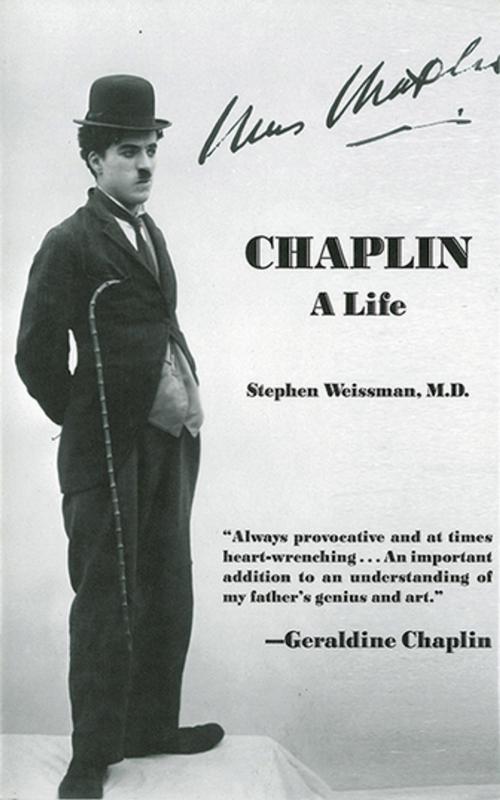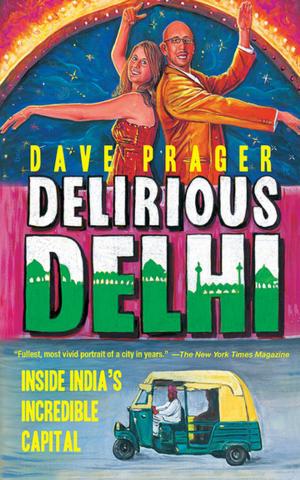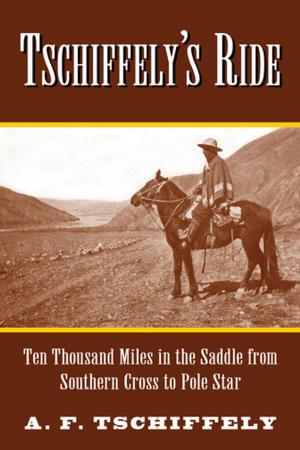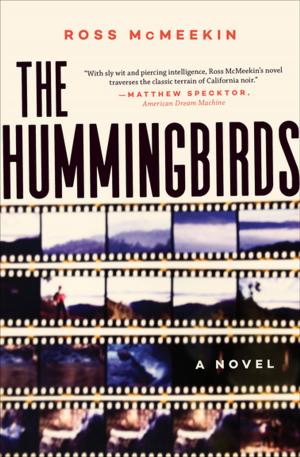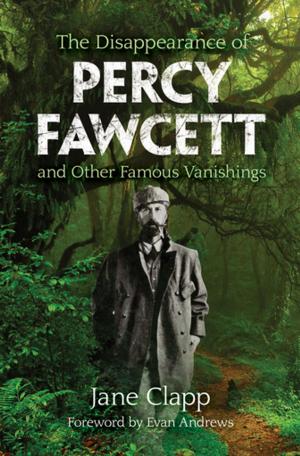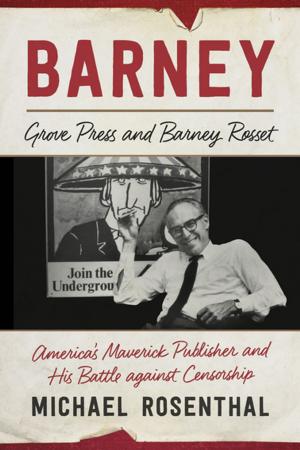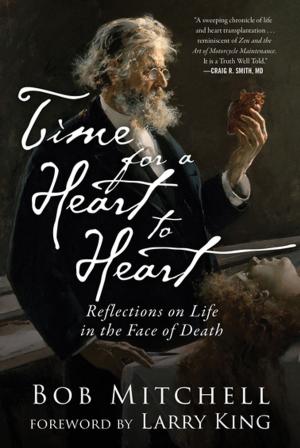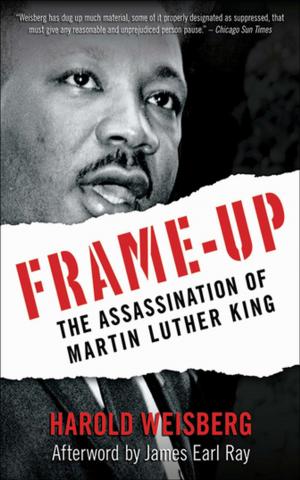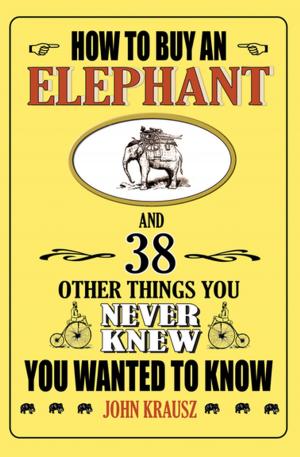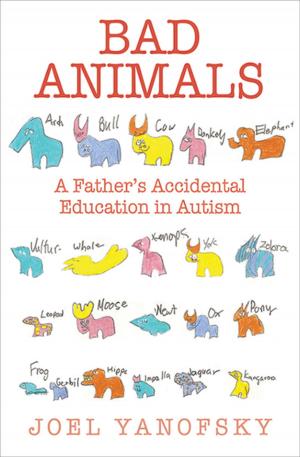Chaplin
A Life
Nonfiction, Health & Well Being, Psychology, Psychoanalysis, Entertainment, Film, Biography & Memoir, Entertainment & Performing Arts| Author: | Stephen Weissman, MD | ISBN: | 9781628721850 |
| Publisher: | Skyhorse Publishing | Publication: | October 11, 2011 |
| Imprint: | Arcade Publishing | Language: | English |
| Author: | Stephen Weissman, MD |
| ISBN: | 9781628721850 |
| Publisher: | Skyhorse Publishing |
| Publication: | October 11, 2011 |
| Imprint: | Arcade Publishing |
| Language: | English |
A “fascinating” psychological portrait of Charlie Chaplin and the painful childhood that shaped his comedic masterpieces (Booklist).
After nearly a century, Charlie Chaplin’s “Little Tramp” is still one of the most identifiable figures in the history of film. An actor, writer, director, producer, editor, and composer, he revolutionized cinema, and set a standard for both screen comedy and heart-crushing pathos. His masterpieces include City Lights, Modern Times, The Great Dictator, and The Gold Rush.
But how did this young boy, born in London in dire poverty to an alcoholic father and syphilitic mother, who labored in workhouses when he was only eight years old—and who was eventually consigned to the Hanwell School for the Orphaned and Destitute—become one of the most celebrated, pivotal, and beloved icons in the entire world?
In this singular biography of Chaplin, Dr. Stephen M. Weissman adapts his professional understanding of the relationship between childhood experience and adult creativity to provide an in-depth look at the screen legend—both his conscious and unconscious distortions of the past in the name of art, and the turbulent, seemingly inescapable grimness of the era that shaped him.
“Psychiatrist Weissman offers a fascinating, analytic portrait of a most complex man, who from 1915 to the mid-1930s was the most famous person in the world…Besides being a captivating psychological study of a seminal figure in motion-picture history, the book is an engaging survey of early Hollywood filmmaking.”—Booklist
A “fascinating” psychological portrait of Charlie Chaplin and the painful childhood that shaped his comedic masterpieces (Booklist).
After nearly a century, Charlie Chaplin’s “Little Tramp” is still one of the most identifiable figures in the history of film. An actor, writer, director, producer, editor, and composer, he revolutionized cinema, and set a standard for both screen comedy and heart-crushing pathos. His masterpieces include City Lights, Modern Times, The Great Dictator, and The Gold Rush.
But how did this young boy, born in London in dire poverty to an alcoholic father and syphilitic mother, who labored in workhouses when he was only eight years old—and who was eventually consigned to the Hanwell School for the Orphaned and Destitute—become one of the most celebrated, pivotal, and beloved icons in the entire world?
In this singular biography of Chaplin, Dr. Stephen M. Weissman adapts his professional understanding of the relationship between childhood experience and adult creativity to provide an in-depth look at the screen legend—both his conscious and unconscious distortions of the past in the name of art, and the turbulent, seemingly inescapable grimness of the era that shaped him.
“Psychiatrist Weissman offers a fascinating, analytic portrait of a most complex man, who from 1915 to the mid-1930s was the most famous person in the world…Besides being a captivating psychological study of a seminal figure in motion-picture history, the book is an engaging survey of early Hollywood filmmaking.”—Booklist
